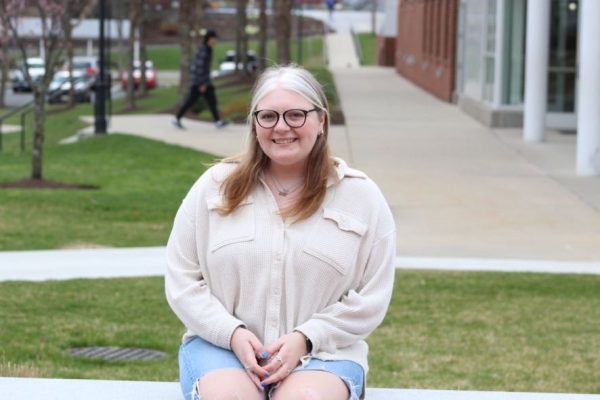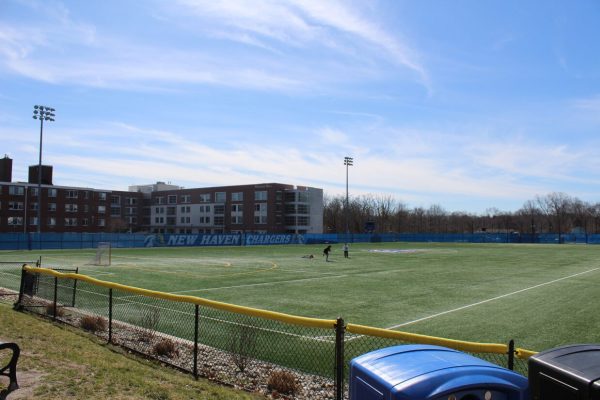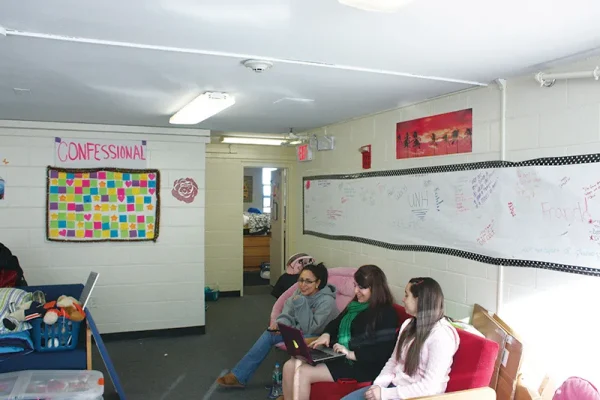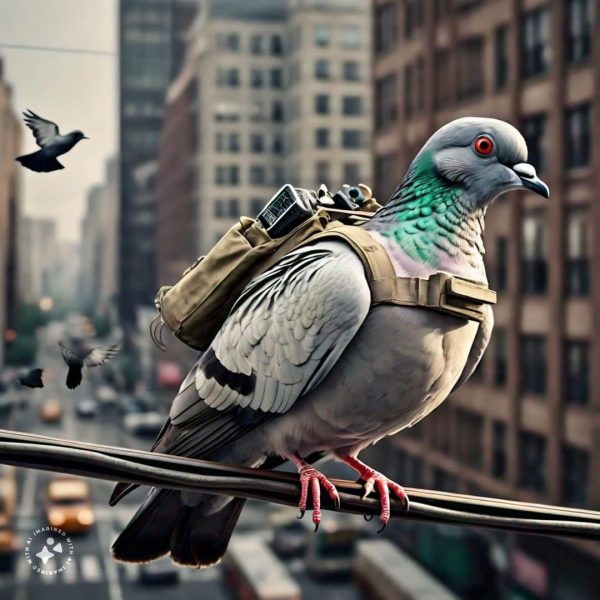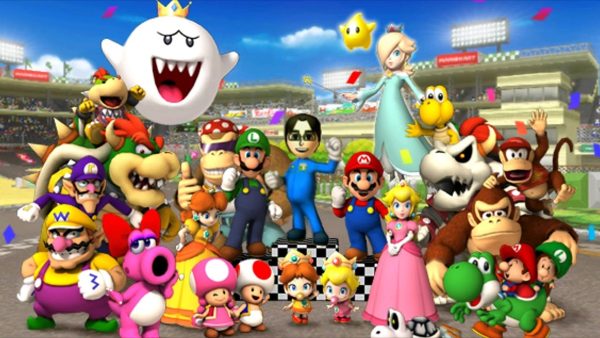Has COVID-19 instilled a fear of the outdoors in us?
As we were thrust into a “new normal” a little over a year ago, it has been difficult to ease out of that, back into the “old normal.” Masks, face shields or hand sanitizing stations at every corner are a distant memory.
Since the start of the pandemic and the plentiful warnings from the Center for Disease Control and Prevention (CDC), I have done the most to not leave my household. To me, taking classes remotely and opting for virtual doctor’s appointments – if they’re available – is the best way of ensuring that I do not get sick or worsen my chronic health condition.
Many people might be anxious about leaving their house as more places around the world reduce the severity of COVID-19 guidelines, still afraid about contracting the coronavirus. Regardless of the fact that one may not know a single person who has been infected with COVID-19, people may fear due to the most frightening aspects of the sometimes fatal virus. This pandemic-induced concern can be related to agoraphobia, a fear-based anxiety condition in which people avoid or fear environments that make them feel embarrassed, vulnerable or frightened.
The apprehension associated with agoraphobia and the current pandemic can make people fearful of everyday things such as shopping, using public transit or participating in large crowds, such as at a sports event or festival.
However, as the COVID-19 vaccines become more widely available a growing number of people are discovering that they are well protected against the virus and may desire to leave their houses more often or at all. Yet, this does not mean that just because most people have recently become eligible to take the vaccine, they should let their guards down.
Individually, the COVID-19 vaccines are very effective, but they will become more effective after everyone has had one, according to the New York Times. The vaccines currently available will shield consumers from serious illness and will almost certainly prevent them from contracting COVID-19.
The goal for healthcare professionals is to eventually reach “herd immunity,” which happens after a large portion of the population has been exposed to COVID-19 or has received the vaccine. Cases would be rare.
In order to reduce anxiety generated by the virus, vaccines and the media should ease into destressing. According to the Anxiety and Depression Association of America (ADAA), small steps toward that objective are prudent. It is important to be able to work to both protect oneself from the virus as well as from the anxiety going out can produce.

Amanda is a senior majoring in communication with a concentration in journalism, and a double minor in political science and English. She has been involved...


